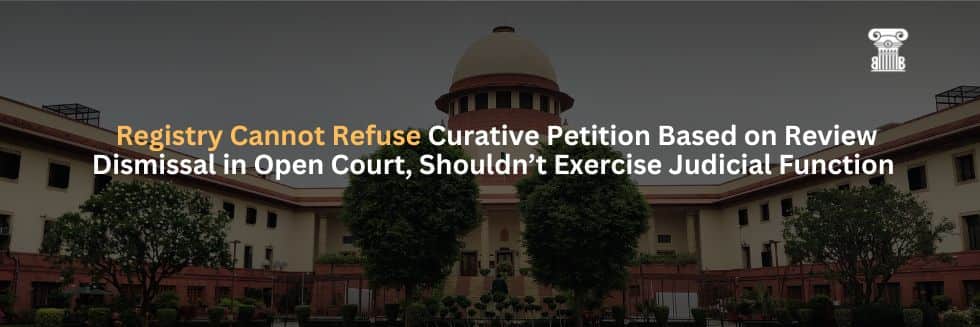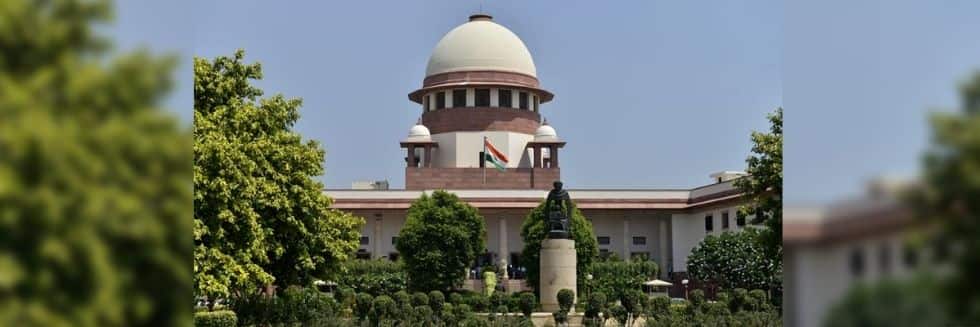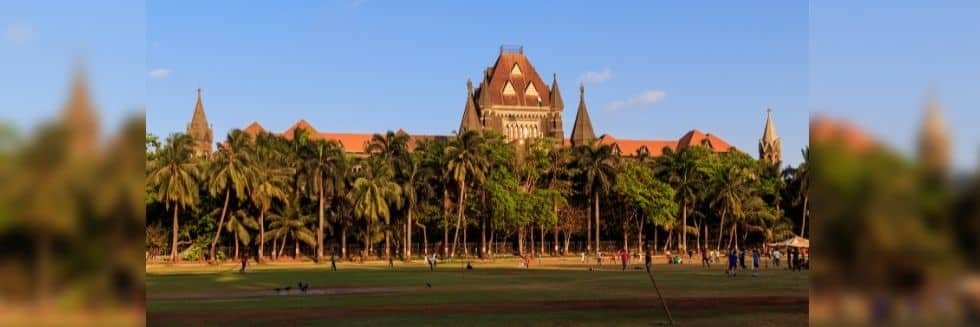In the case of M/s Brahmaputra Concrete Pipe Industries v. The Assam State Electricity Board, The Supreme Court observed that the Registry cannot refuse a curative petition solely because a review petition was dismissed after an open court hearing. Referring to past precedents, the Court emphasized that the question of maintainability of a curative petition should be decided by a Bench of the Court. It stated that the Registry should seek instructions from the Chamber Judge in such cases. Ultimately, the Court overturned the Registrar’s order and decided not to remand the matter back considering the significant time that had passed since the initiation of the case. After examining the curative petition and the Review Court’s order, the Court found no basis for entertaining the appellant’s plea.
CASE DETAILS:
M/s Brahmaputra Concrete Pipe Industries Etc. v. The Assam State Electricity Board and Others
Curative Petition (Civil) No. 23828/2020
Supreme Court
Coram: Justices Aniruddha Bose and Sudhanshu Dhulia.
BRIEF FACTS:
- The case originated from a suit filed by the appellant under the Interest on Delayed Payments to Small Scale and Ancillary Industrial Undertakings Act, 1993.
- Initially decreed by a Civil Judge, the suit was later dismissed in appeal by the High Court on the grounds of maintainability. The High Court held that a suit could not be filed for transactions occurring before September 23, 1992, the date when the Act became operational.
- In 2019, a three-judge Bench of the Supreme Court dismissed an appeal against the High Court judgment.
- A subsequent review petition was also heard and dismissed after an open Court hearing.
- Following this, when the appellant filed a curative petition, a Registrar of the Court issued a common order rejecting it along with six similar petitions.
- In response to the Registrar’s order, the appellant filed an appeal under Rule 5 of Order XV of the 2013 Rules.
OBSERVATIONS:
Upon examining the facts of the case, the Court acknowledged that Rule 5 of Order XV of the 2013 Rules outlines the grounds on which a Registrar may refuse to accept a petition. However, it does not authorize the Registrar to reject a curative petition solely because a review petition was dismissed after an open Court hearing.
Drawing on various precedents including Union of India & Ors. v. M/s. Union Carbide Corporation & Ors. where a Constitution Bench entertained a curative petition despite the review being dismissed upon open Court hearing, the Court concluded that the question of the maintainability of a curative petition must ultimately be decided by a Bench of the Court. Referring to the 5-Judge Bench decision in Rupa Ashok Hurra v. Ashok Hurra and Another which led to the framing of statutory Rules, the Court highlighted that one precondition for filing a curative petition is specific averment that the grounds mentioned in the petition had been raised in the review petition and dismissed by circulation. However, the Bench noted that while Rupa Ashok Hurra specified the need for this averment, it did not address the consequence of dismissal after an oral hearing in open Court.
For cases where the required averments are not made in the curative petition, the Court prescribed recourse to Order LV Rule 2 (Power to Dispose and Inherent Powers) of the 2013 Rules. It outlined that in instances where a review petition is dismissed after an open Court hearing, an application must be submitted seeking exemption from compliance with the averment requirement of Order XLVIII Rule 2(1) of the 2013 Rules and for the matter to be referred to the Chamber Judge. The Registry should then seek instructions from the Chamber Judge and convey them to the concerned party.
In cases where the review petition is dismissed by circulation, the curative petition should first be circulated to a Bench of three senior-most Judges of the Court and the Judges who passed the judgment in question, if available. Subsequently, the procedures outlined in sub-clauses (2), (3) and (4) of Rule 4 of Order XLVIII of the 2013 Rules should be followed as applicable.
JUDGEMENT:
While overturning the Registrar’s order for not adhering to the prescribed provisions, the Court opted not to remand the matter back as it was initiated in 2020 and a significant amount of time had passed. Upon examining the curative petition and the Review Court’s order, the Court concluded that there was no basis for entertaining the appellant’s plea or referring the matter to the Chamber Judge for instructions.






